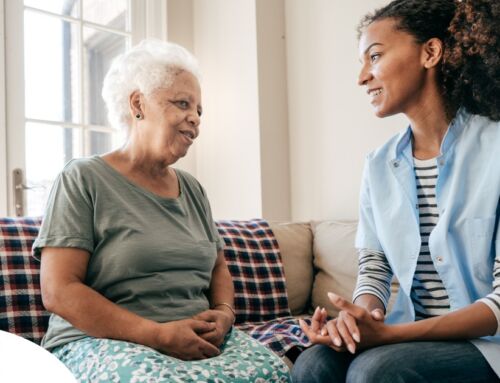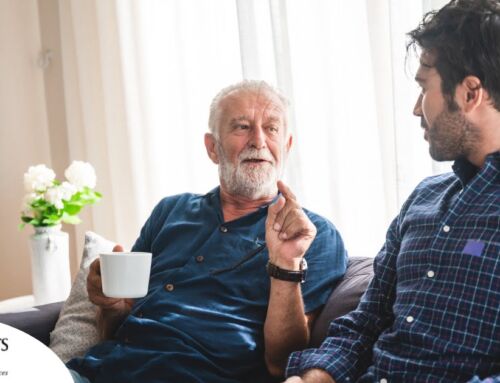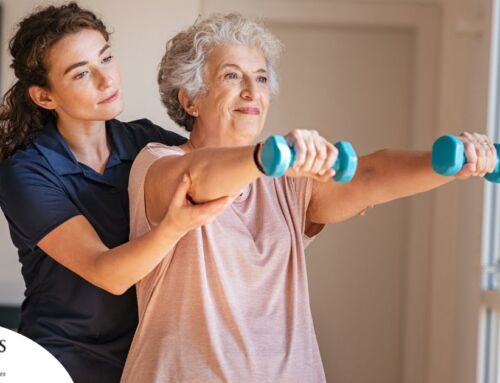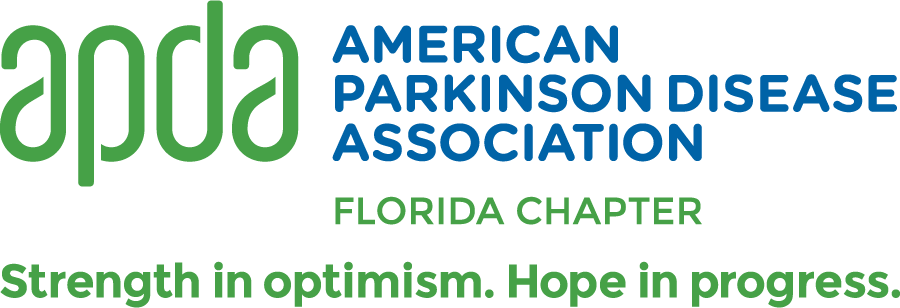Across the country, we’re soon to experience a lessening in daylight hours that will continue throughout the winter and into the spring. SAD (Seasonal Affective Disorder) affects numerous people of all ages, including the elderly.
What is SAD, how do we differentiate it from “the blues” and how does it affect our elderly community?
What is SAD?
According to the Mayo Clinic, “Seasonal affective disorder (SAD) is a type of depression that’s related to changes in seasons — SAD begins and ends at about the same times every year. If you’re like most people with SAD, your symptoms start in the fall and continue into the winter months, sapping your energy and making you feel moody. Less often, SAD causes depression in the spring or early summer.”
Symptoms generally appear in the late fall and can include:
- Trouble sleeping or over sleeping
- Weight gain or drastic changes in appetite
- Feeling sluggish, exhausted
- Feeling of depression that doesn’t go away, but isn’t present during the summer
- Having a higher level of anxiety than normal
How it is different from moodiness or “the blues”?
Everyone has periods of bad moods, being “down” or what we might call being depressed. But how do we know if it’s a bad mood or if it is indeed depression or Seasonal Affective Disorder?
Depression, including SAD is diagnosed when the person experience it for more than 2 weeks. All forms of depression are ongoing and should be brought to a doctor’s attention is the symptoms last more than a couple of weeks, regardless of season.
How does SAD affect the elderly?
Most symptoms will be very similar in all patients, including those over the age of 65. Because of pre-existing risks for isolation, the elderly population might be more affected as all forms of depression worsen with isolation.
LifeExtension.com also states, “Startling research reveals that serotonin levels decline as we age! These findings provide a biochemical rationale to explain common age-related disorders such as depressed mood and sleep difficulties.” This may also explain why we see a higher level of depression in older adults.
Treatment
As with other types of depression, SAD is usually treated with anti depressants. Because it can take a few weeks for medication to work, the patient usually begins treatment a few weeks before symptoms start.
Light therapy can also be beneficial. Light therapy boxes such as these can be brought into the home and used daily to increase the amount of sunlight the patient receives. Light therapy is often also used in the treatment of Sundowner’s Syndrome in the elderly.
Other things that may be beneficial in helping the symptoms:
- At least 30 minutes of exercise daily
- Spend time with friend and family. Isolation aggravates all forms of depression.
- Limit the amount of sugar in diet
- Abstain or greatly decrease alcohol limit to no more than 1-2 weekly
Learn More Here
Wrap Up
If you feel yourself or a loved one is affected by SAD or depression of any kind, please speak with a physician to determine the best course of action.
~ ~ ~
Do you have questions about how you can better support your loved one while they age in place in South Florida or regarding homecare in general? Please contact CareGivers of America here: Contact or call us toll free: 800-342-4197
*No information in this article is to be taken as advice, medical or otherwise. This post is not sponsored, but may contain external links to websites, articles or product examples. External links are used for example or refence purposes only and these links do not indicate specific product or website endorsement by CareGivers of America.







